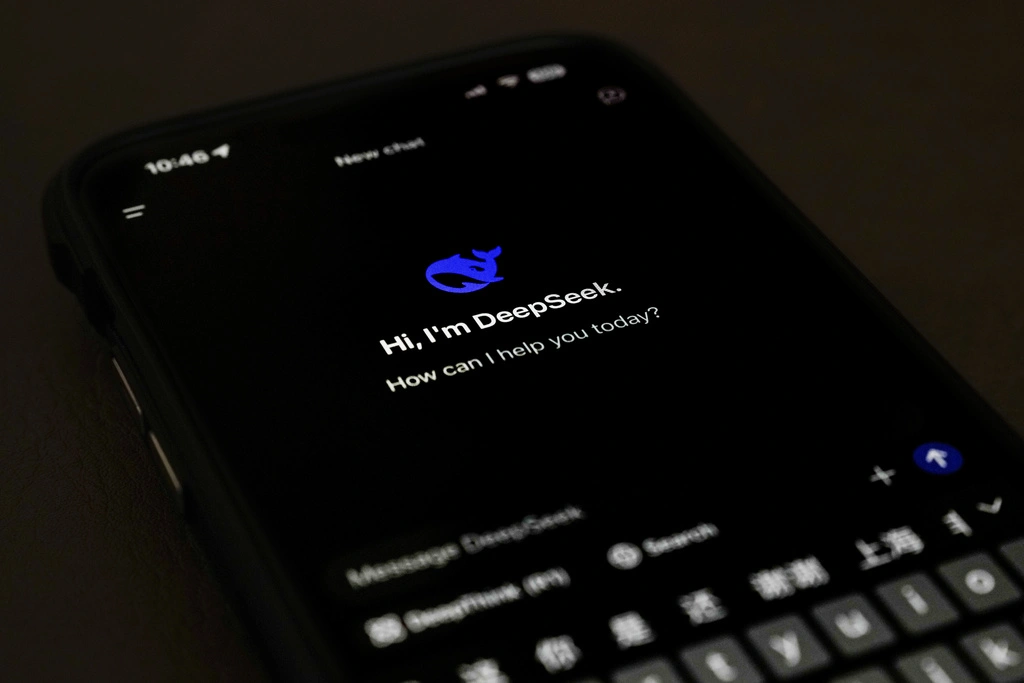
China's advancements in AI, exemplified by products like DeepSeek R1 and Manus, signal a critical moment for the U.S. The country faces a pivotal choice between fostering innovation and adopting restrictive regulations similar to those in Europe. The current legislative landscape shows a surge in state-level AI bills that could stifle American competitiveness and innovation.
The article emphasizes the need for a cohesive federal approach to AI regulation to prevent a fragmented compliance burden across states. It highlights successful state initiatives like Utah's Learning Laboratory Program, which encourage innovation rather than hinder it. Ultimately, the call is for America to embrace a pro-freedom AI agenda to maintain its leadership in technology.
• China's AI innovations pose a significant challenge to U.S. leadership.
• State-level regulations threaten to stifle AI innovation and investment.
AI regulation refers to laws and policies governing the development and deployment of AI technologies, which are currently being debated at state and federal levels.
These assessments evaluate the potential biases and fairness of AI systems before they are deployed, as proposed in various state bills.
Isomorphic Labs, the AI drug discovery platform that was spun out of Google's DeepMind in 2021, has raised external capital for the first time. The $600
How to level up your teaching with AI. Discover how to use clones and GPTs in your classroom—personalized AI teaching is the future.
Trump's Third Term? AI already knows how this can be done. A study shows how OpenAI, Grok, DeepSeek & Google outline ways to dismantle U.S. democracy.
Sam Altman today revealed that OpenAI will release an open weight artificial intelligence model in the coming months. "We are excited to release a powerful new open-weight language model with reasoning in the coming months," Altman wrote on X.
